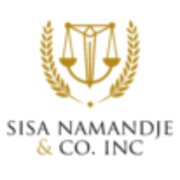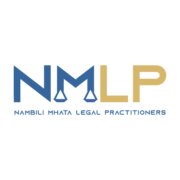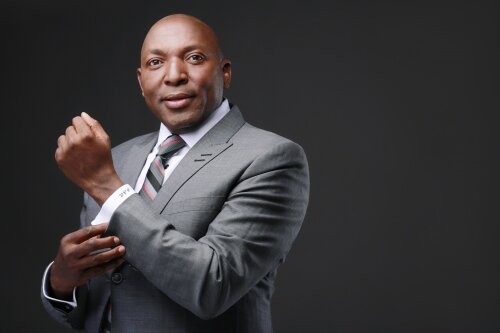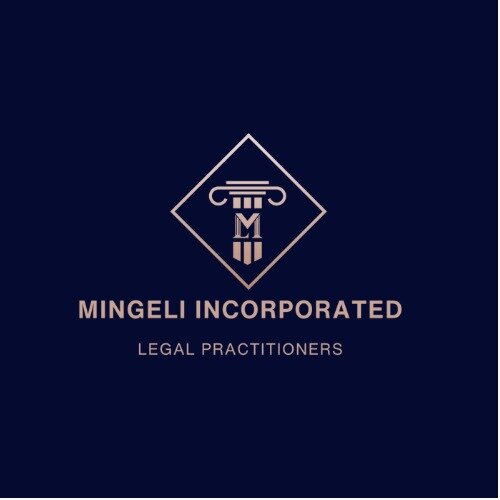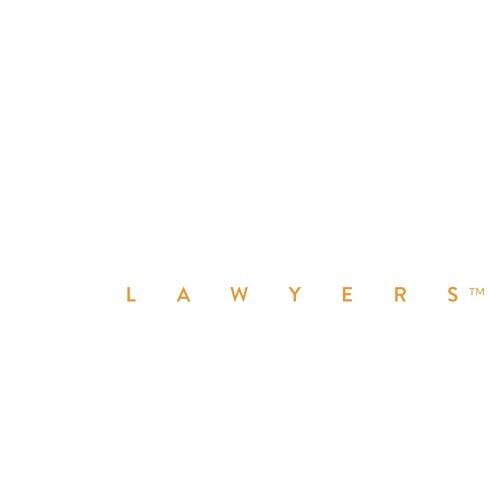Best Child Abuse Lawyers in Namibia
Share your needs with us, get contacted by law firms.
Free. Takes 2 min.
Free Guide to Hiring a Family Lawyer
Or refine your search by selecting a city:
List of the best lawyers in Namibia
About Child Abuse Law in Namibia
Child abuse in Namibia is recognized as a serious social issue, encompassing a range of harmful actions, including physical, emotional, and sexual abuse, as well as neglect. The Namibian government and various organizations have implemented laws and measures to protect children from abuse and exploitation. These legal frameworks aim to create a safe environment for children, emphasizing their welfare and rights as defined by national and international standards, such as the United Nations Convention on the Rights of the Child.
Why You May Need a Lawyer
There are several situations where individuals might require legal assistance concerning child abuse in Namibia:
- If you are a caregiver or a teacher and suspect that a child in your care is being abused, a lawyer can guide you on the proper legal steps to take.
- If you are accused of child abuse, a lawyer can help you understand the charges, navigate the legal system, and ensure a fair defense.
- Parents dealing with custody issues where allegations of abuse are involved may need legal representation to protect their parental rights or to ensure the child's safety.
- Victims of child abuse or their guardians may seek legal representation to pursue justice and compensation.
- Organizations working to protect children's rights might require legal advice to ensure compliance with child protection laws.
Local Laws Overview
Namibia's legal framework regarding child abuse is governed by several key statutes and provisions, which include:
- The Child Care and Protection Act of 2015: Establishes measures for the care and protection of children, ensuring their welfare and development.
- The Combating of Domestic Violence Act, 2003: Provides protection against domestic violence, including provisions directly relevant to children.
- The Criminal Procedure Act: Outlines procedures for dealing with criminal offenses, including child abuse cases.
- The Namibian Constitution: Guarantees fundamental rights and freedoms, ensuring protection against harmful practices.
Frequently Asked Questions
What constitutes child abuse in Namibia?
Child abuse in Namibia encompasses physical, emotional, and sexual abuse, as well as neglect. Any action or inaction causing harm, potential harm, or threat to a child can be considered abuse.
How can I report suspected child abuse?
Suspected child abuse can be reported to the nearest police station, social services, or child protection agencies. There are also various hotlines available for anonymous reporting.
What are the penalties for child abuse in Namibia?
The penalties for child abuse vary depending on the severity of the case and may include imprisonment, fines, or both, as determined by the court.
Can a child give evidence in a child abuse case?
Yes, a child can give evidence in a child abuse case, often with appropriate measures to ensure their safety and well-being during proceedings.
Are there support services available for child abuse victims?
Yes, there are numerous support services, including counseling, medical care, and legal assistance, available for victims of child abuse.
What role do social workers play in child abuse cases?
Social workers assess child abuse cases, provide support to victims, and work with legal authorities to ensure the child's safety and welfare.
How do child protection agencies intervene in abuse cases?
Child protection agencies assess, investigate, and take necessary actions to protect the child, which can include removing the child from harmful environments if necessary.
Can child abuse cases be settled out of court?
While some aspects related to child abuse might be resolved outside court through negotiations, criminal charges typically require legal proceedings.
What should I do if I’m falsely accused of child abuse?
If falsely accused of child abuse, it's critical to seek legal representation immediately to ensure your rights are protected and to prepare an effective defense.
How does the legal system handle child abuse in rural areas?
In rural areas, the legal system operates similarly to urban areas, with police stations and mobile outreach programs available to address reports of child abuse.
Additional Resources
Here are some resources and organizations that can be helpful:
- Ministry of Gender Equality, Poverty Eradication and Social Welfare: Provides support and resources for victims of child abuse.
- Namibian Police Force (NAMPOL): Handles reports and investigations related to child abuse cases.
- Women and Child Protection Units: Specialized units that assist with cases of abuse and provide victim support.
- Legal Assistance Centre (LAC): Offers legal aid and advice concerning child abuse and other human rights issues.
- Lifeline/ChildLine Namibia: Provides counseling and support through hotlines for children and families experiencing abuse.
Next Steps
If you need legal assistance concerning child abuse, consider taking the following steps:
- Contact a Lawyer: Consulting with a lawyer who specializes in child protection law can provide you with valuable guidance and representation.
- Gather Evidence: Document any evidence related to the case, such as photographs, medical reports, or witness statements.
- Seek Support: Reach out to local support services for counseling and assistance for the impacted child and family members.
- Report the Abuse: Ensure the proper authorities are informed about the suspected abuse situation for immediate intervention.
Lawzana helps you find the best lawyers and law firms in Namibia through a curated and pre-screened list of qualified legal professionals. Our platform offers rankings and detailed profiles of attorneys and law firms, allowing you to compare based on practice areas, including Child Abuse, experience, and client feedback.
Each profile includes a description of the firm's areas of practice, client reviews, team members and partners, year of establishment, spoken languages, office locations, contact information, social media presence, and any published articles or resources. Most firms on our platform speak English and are experienced in both local and international legal matters.
Get a quote from top-rated law firms in Namibia — quickly, securely, and without unnecessary hassle.
Disclaimer:
The information provided on this page is for general informational purposes only and does not constitute legal advice. While we strive to ensure the accuracy and relevance of the content, legal information may change over time, and interpretations of the law can vary. You should always consult with a qualified legal professional for advice specific to your situation.
We disclaim all liability for actions taken or not taken based on the content of this page. If you believe any information is incorrect or outdated, please contact us, and we will review and update it where appropriate.
Browse child abuse law firms by city in Namibia
Refine your search by selecting a city.



